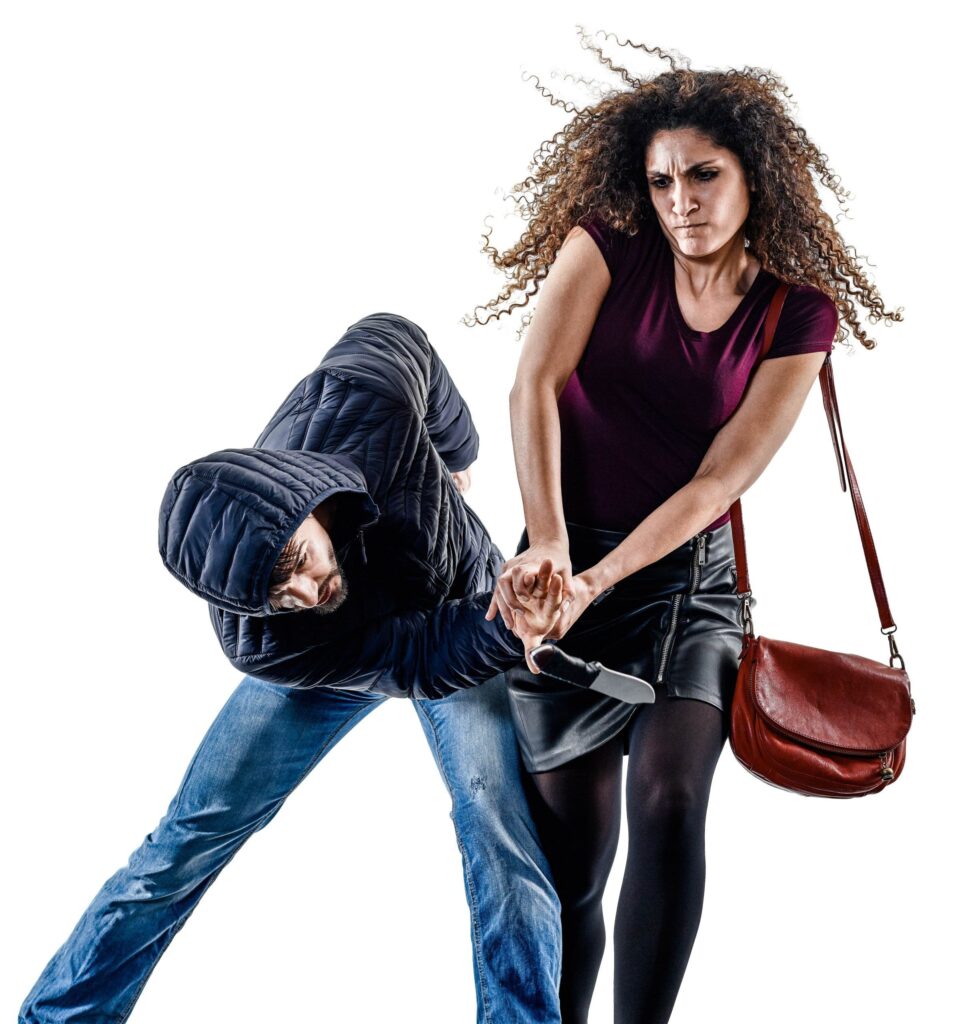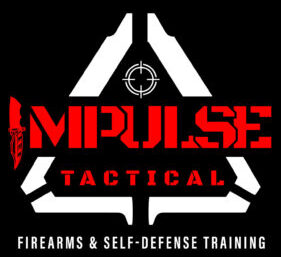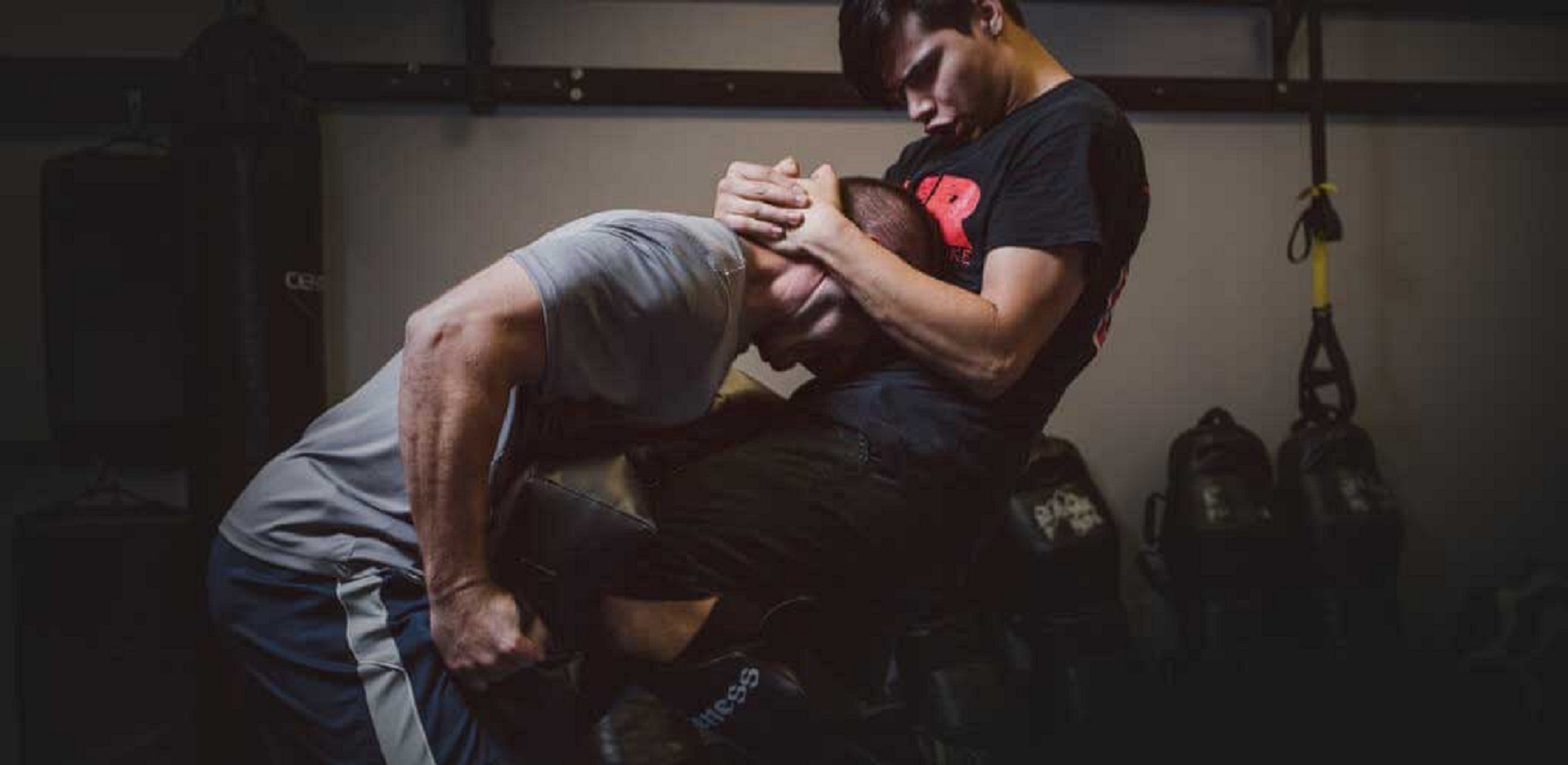The implementation of self defense tips is THE most important component of preventing a violent encounter from occurring. Becoming vigilant and keen on preventative techniques and knowledge, you will minimize your risk of being a victim of violence exponentially! Much of this can be done with little or no effort. You simply need to acknowledge and consider them.
Nobody wants to be paranoid. We do not wish for you to become paranoid, however, the more you research self-defense and see what’s possible, it’s hard not to view the world differently. Be sure to maintain that balance of light and dark. Be prepared to make the decisions needed to protect yourself and whoever you care about most. One day, you may need to do something controversial as an act of defense, especially preventative, or you may need to get physical and neutralize a threat. BE PREPARED.
At Impulse Tactical, our Self-Defense classes do not just teach the tactics of how to fight, we instruct on prevention and escape as they are often under-emphasized. The physical aspect is very important, but not the most important. It’s the stress… learning to deal with this and understand it is vital to becoming a protector, either of yourself or others. Get in on a class now and experience how vulnerable you actually are.

Self-Defense Tips to Consider for Every Day Prevention
- Travel Safety:
- Plan your routes in advance, opting for well-lit and populated areas.
- Avoid traveling alone, especially at night.
- Share your itinerary with a trusted friend or family member.
- Use reliable transportation methods and verify the identity of drivers (e.g., rideshare apps).
- Keep your belongings secure and avoid displaying valuables in public.
- Home Security:
- Install sturdy locks on doors and windows.
- Use motion-sensor lights to illuminate dark areas around your home.
- Keep bushes and shrubs trimmed to eliminate potential hiding spots for intruders.
- Consider installing a security system with cameras and alarms.
- Always lock doors and windows when leaving home, even for a short time.
- Personal Safety Habits:
- Stay alert and aware of your surroundings at all times.
- Trust your instincts and avoid situations or individuals that make you feel uneasy.
- Walk confidently and with purpose, making eye contact with others.
- Keep a safe distance from strangers and maintain personal space.
- Practice good posture and assertive body language to deter potential threats.
- Digital Safety:
- Be cautious when sharing personal information online, including your location.
- Use privacy settings on social media platforms to control who can access your information.
- Avoid posting about travel plans or being away from home for extended periods.
- Use strong, unique passwords for online accounts and enable two-factor authentication where possible.
- Be wary of phishing scams and fraudulent websites requesting personal information.
- Conflict Resolution Skills:
- Practice active listening and effective communication to de-escalate conflicts.
- Stay calm and composed, avoiding escalating arguments or confrontations.
- Seek compromise and find mutually beneficial solutions when conflicts arise.
- Apologize if necessary and be willing to walk away from a confrontation if it cannot be resolved peacefully.
- Use assertive language and set clear boundaries to assert your rights without being aggressive.
- Self-Defense Training:
- Enroll in self-defense classes to learn practical techniques for protecting yourself.
- Practice situational awareness and threat assessment during training sessions.
- Familiarize yourself with vulnerable points on the body and effective striking techniques.
- Practice verbal assertiveness and boundary-setting skills in simulated scenarios.
- Regularly review and reinforce learned self-defense skills to maintain proficiency.
- Emergency Preparedness:
- Develop a personal safety plan that includes escape routes and emergency contacts.
- Carry a charged mobile phone with emergency contacts programmed and accessible.
- Consider carrying personal safety devices such as a whistle, pepper spray, or personal alarm.
- Know how to access emergency services and provide relevant information quickly.
- Stay informed about local emergency procedures and resources available in your area.
- Risk Avoidance:
- Avoid high-risk situations and environments known for criminal activity or violence.
- Limit alcohol consumption and avoid recreational drug use, as they can impair judgment and increase vulnerability.
- Be cautious when accepting invitations to secluded or unfamiliar locations.
- Trust your intuition and exit situations that feel uncomfortable or unsafe.
- Choose reputable establishments and avoid walking alone in dimly lit or deserted areas.
- Physical Fitness:
- Maintain physical fitness and stamina to enhance your ability to defend yourself if necessary.
- Incorporate strength training and cardiovascular exercises into your fitness routine.
- Practice self-defense techniques regularly to improve muscle memory and agility.
- Develop flexibility and balance through stretching and yoga exercises.
- Consider martial arts or combat sports training to build confidence and physical resilience.
- Community Involvement:
- Build relationships with neighbors and community members to foster a sense of solidarity and mutual support.
- Participate in neighborhood watch programs or community safety initiatives.
- Stay informed about local crime trends and share information with others to promote awareness.
- Advocate for improved safety measures in your community, such as better lighting or increased police patrols.
- Report suspicious activity or concerns to local authorities promptly.
Implementing these specific self-defense prevention strategies can empower individuals to minimize risks and enhance their safety in various situations.

